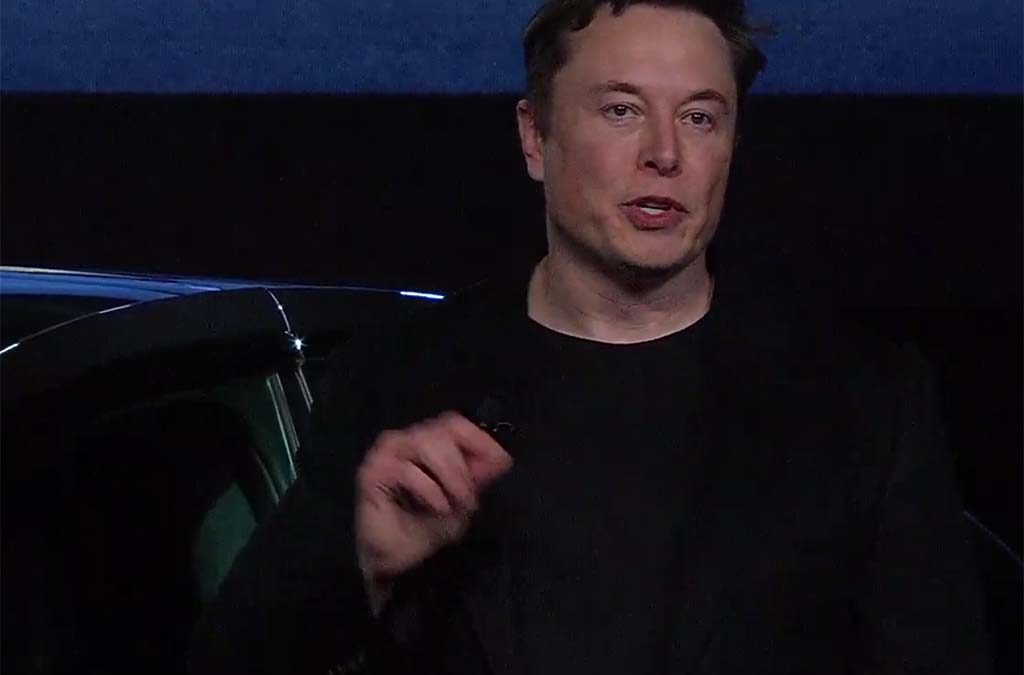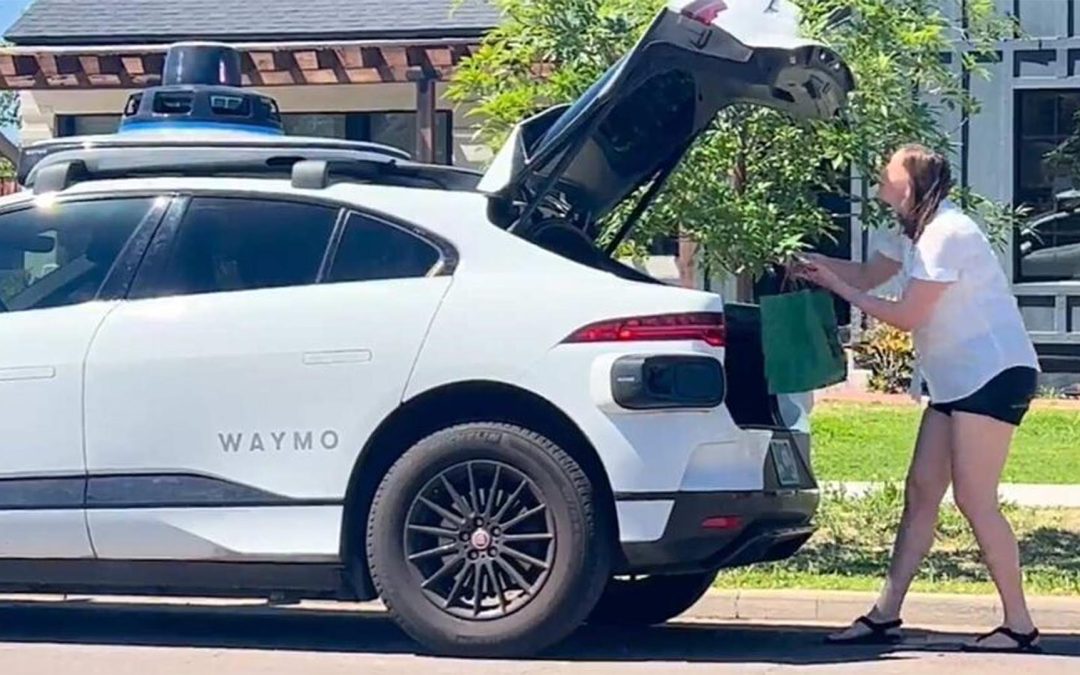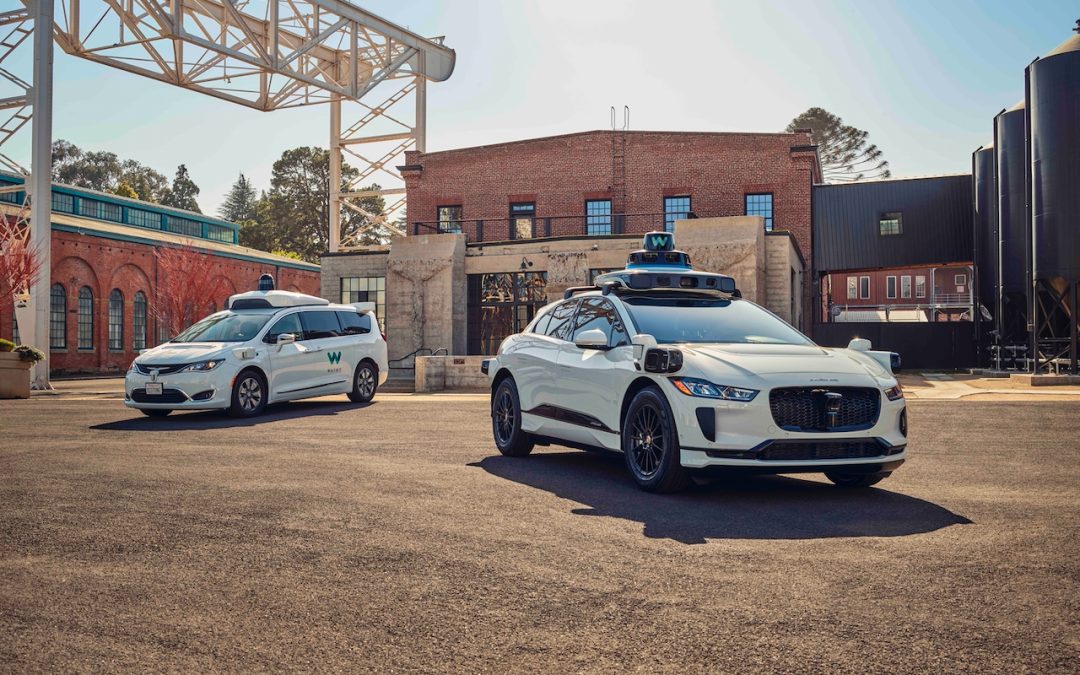Tesla and Waymo are about to square off in a duel, which could decide the fate of automated vehicles in the U.S. Billions of dollars in revenue and profits are at stake as the two companies prepare to compete in cities around the country.


Tesla and Waymo are about to square off in a duel, which could decide the fate of automated vehicles in the U.S. Billions of dollars in revenue and profits are at stake as the two companies prepare to compete in cities around the country.

General Motors is shutting down its Cruise robocab program, shifting resources to the development of self-driving privately owned vehicles. The move comes a year after the subsidiary was blamed for a near-fatal accident near its San Francisco headquarters. It effectively hands what proponents see as a potentially huge market to competitors like Waymo and Tesla.

After halting all operations on public roads following a near-fatal crash last autumn, General Motors’ autonomous driving unit Cruise appears ready to put at least some of its robocab fleet back into use.

Tesla CEO Elon Musk said in a tweet that the automaker will reveal its new robotaxi on August 8, 2024. According to recent reports, Tesla has scrubbed plans to build an “affordable” EV to focus resources on developing the driverless ride-sharing vehicle – though Musk said such reports are false.

Users of the Uber Eats service in the Phoenix area now can order a meal delivered by a driverless vehicle as part of a partnership with Waymo.

When robocab start-up Cruise was involved in a near-fatal pedestrian crash in California last October, many observers wondered whether that would deliver an even more deadly hit to the quest for fully self-driving vehicles. But while GM-owned Cruise has been struggling, its chief rival, Alphabet’s Waymo, is moving forward. And it just won approval from California regulators to expand its base of operations in the state.